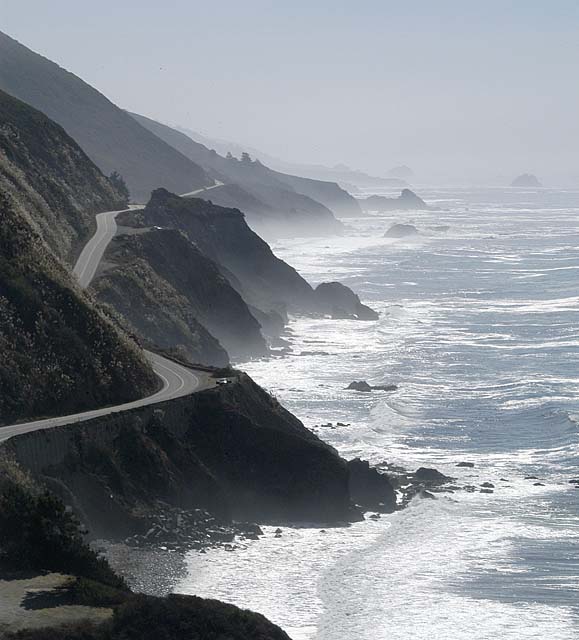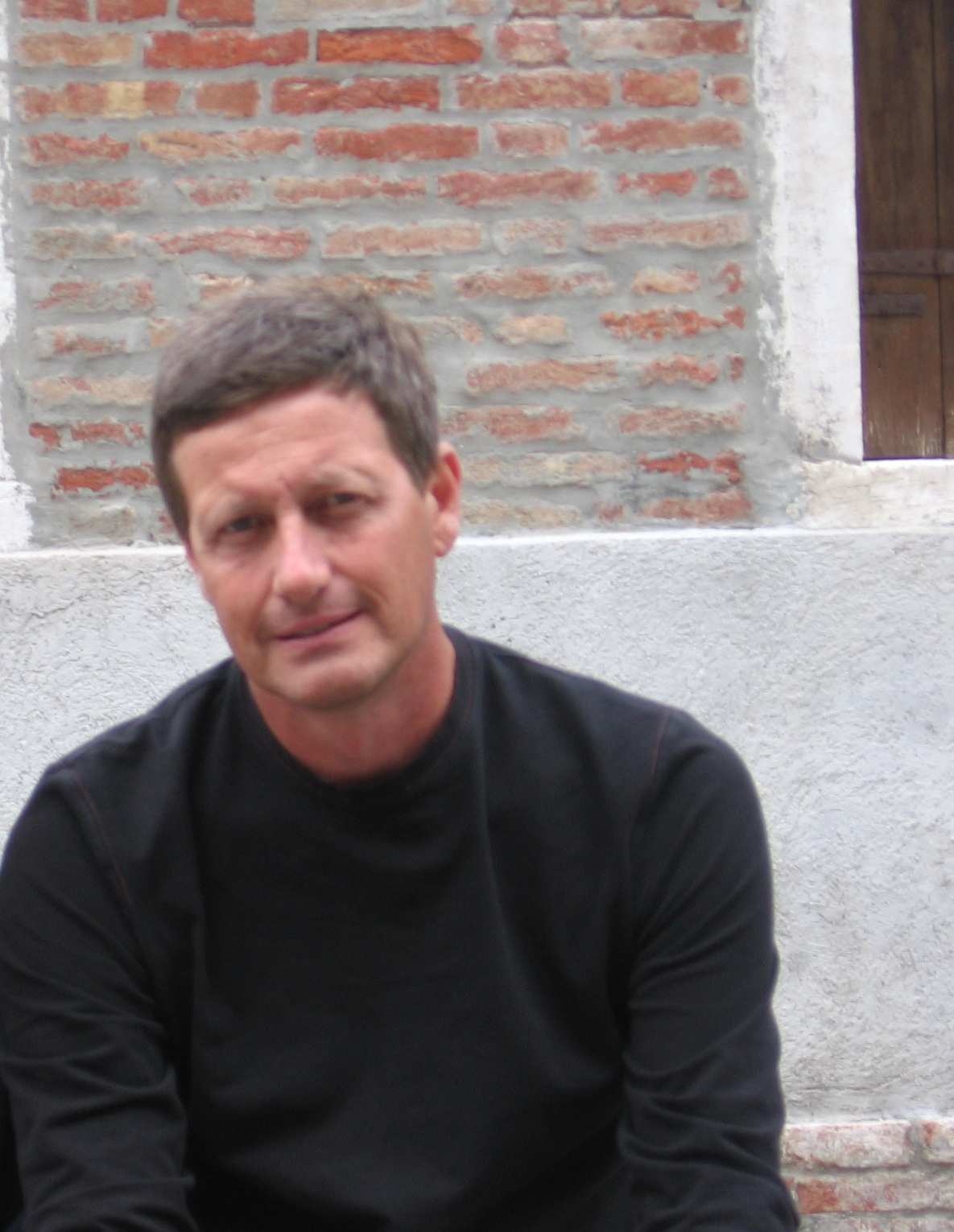Main Research Interests
International Political Economy
Trade and Domestic Politics
Political Economy & Security / Neoclassical Realism
International Sources of Domestic Change
Hegemony and Major Wars
Current Areas of Research
Neoclassical Realism
Realists have increasingly turned to domestic political factors to understand foreign policy choices. Mark Brawley has contributed to this growing literature, hoping to show not only why the incorporation of domestic factors will help refine realist arguments, but also to demonstrate how these contrast with more traditional liberal arguments. Neoclassical Realism offers new insights into the connections between domestic political economy and security.
"Contrasting Analytical Liberalism and Neoclassical Realism: Competing Explanations for Britain’s Trade Liberalization in the 1840s" [working paper]
"Analytical Liberalism vs. Neoclassical Realism: American Foreign Policy Under Franklin D. Roosevelt” [working paper]
"Analytical Liberalism, Neoclassical Realism, and the Need for Comparative Cases,” Oxford Encyclopedia of Empirical International Relations Theory, edited by William R. Thompson, 2018
Political Economy and Grand Strategy: A Neoclassical Realist View, Routledge, 2010
“Strategic Calculations in a Permissive Environment: A Neoclassical Realist Approach to Balancing in the 1930s,” in Neoclassical Realism, the State, and Foreign Policy, edited by Jeffrey Taliaferro, Steven Lobell, and Norrin Ripsman, Cambridge University Press, 2009, 75-98
Trade and Domestic Politics
We know trade affects the distribution of wealth domestically, but we cannot always make sense of the domestic politics associated with trade policy. The issues here are central to our understanding of economic globalization. Here Mark Brawley continues to explore ways in which we can better capture the dynamic impact trade has on domestic politics.
““And we would have the field”: U.S. Steel and American Trade Policy, 1908-1912,” Business and Politics 19 (3) September 2017, 424-453
“To Trade or Not to Trade?,” in International Political Economy, edited by Greg Anderson and Christopher Kukucha, Oxford University Press, 2016, 95-109
“Tariff Reform, Taxes and Land: Trade-based Cleavages in pre-World War I Britain,” Review of International Political Economy 16 (5), December 2009, 827-853
“Unemployment, Trade Liberalization, and Adjustment in post-transition South Africa,” Journal of Asian and African Studies 44 (6) December 2009, 698-720, with M. Segal
“Agricultural Interests, Trade Adjustment and Repeal of the Corn Laws,” British Journal of Politics & International Relations 8 (4), November 2006, 467-488
The BRIC Countries
The relocation of economic activity drives the rise of new powers -- Brazil, Russia, India and China. As these new countries improve their economic position relative to other states, will there be political unrest in the international system? How will all states manage these changes in the international political economy?
“The USA vs China in the World Economy,” in The U.S. and Canada 2015, Routledge, 2015
“New Rulers of the World? Brazil, Russia, India and China,” in The SAGE Handbook of Globalization, edited by Manfred B. Steger, Paul Battersby, and Joseph M. Siracusa, Sage, 2014, 524-541
“The USA vs China in the World Economy,” in The U.S. and Canada 2013, Routledge, 2013, 1-5
“A Post-American World? Perils, possibilities, and preparations,” in Debating a Post-American World: What Lies Ahead?, edited by Sabrina Hoque and Sean Clark, Routledge, 2011, 75-80
“USA: Responding to Rising Powers with a Grand Strategy or ‘Muddling Through’?” in Regional Leadership in the Global System: Ideas, Interests and Strategies of Regional Powers, edited by Daniel Flemes, Ashgate, 2010, 291-312
“Managing Long Term Change: U.S. and Canadian Reactions to the Rise of the BRICs” in The U.S. and Canada 2010, Routledge, 2010, 19-22 (reprinted in 2011, 2012 editions)
“Building Blocks or BRIC Wall? Fitting U.S. Foreign Policy to the Shifting Distribution of Power,” Asian Perspective 31 (4) February 2008, 151-175
Structural Adjustment
Policies promoted by the international financial institutions and the governments of the industrialized west often aim to improve economically developing countries' balance of payments. These policies stress the pursuit of comparative advantage -- yet the recommendations prove difficult to implement, due to political as well as economic obstacles. Better policy advice requires a deeper understanding of the politics of trade adjustment.
“Structural Adjustment, Development and Democracy,” International Studies Review 9 (4) December 2007, 601-615, with Nicole Baerg
Content Copyright 2017. profmarkbrawley.com. All rights reserved

